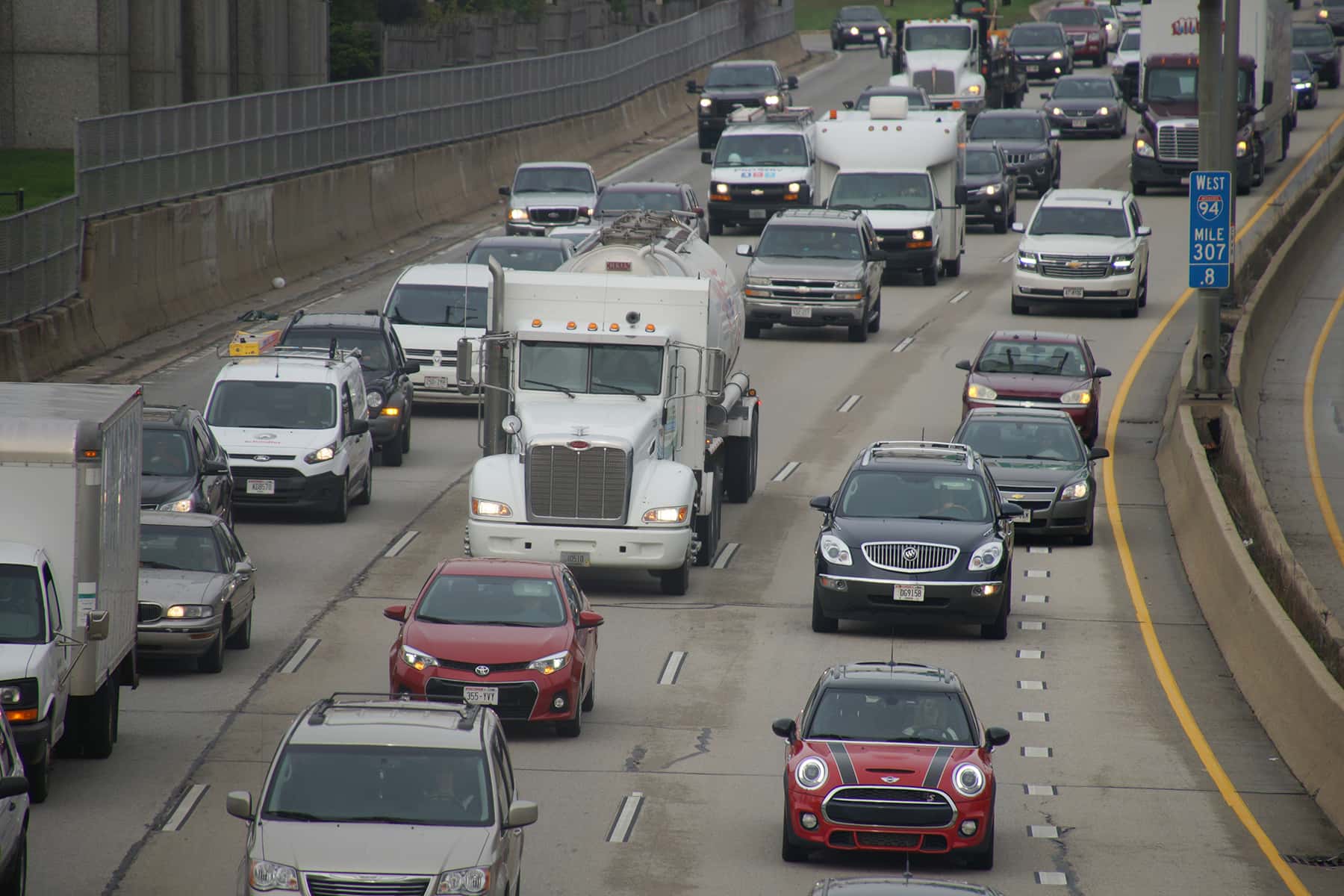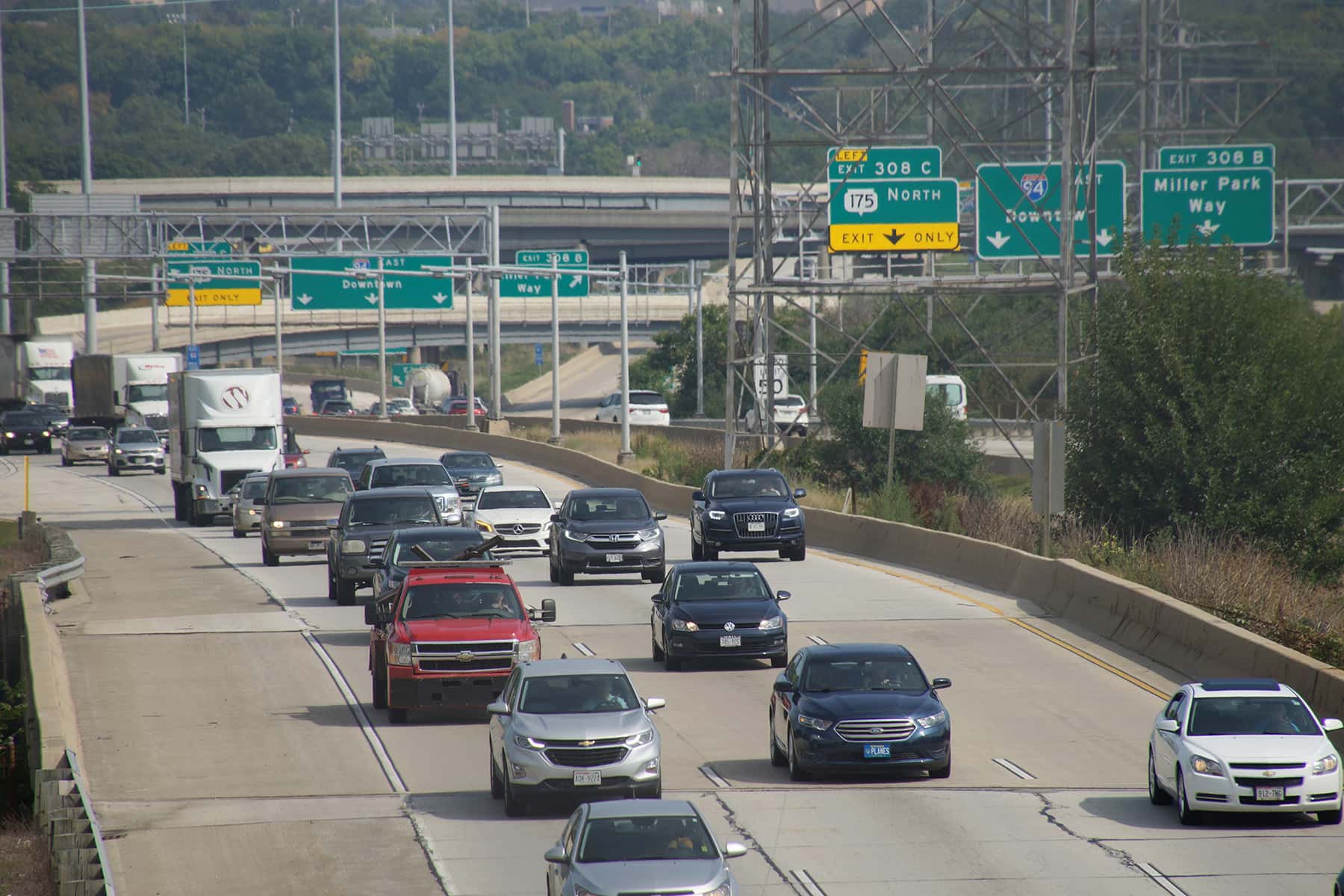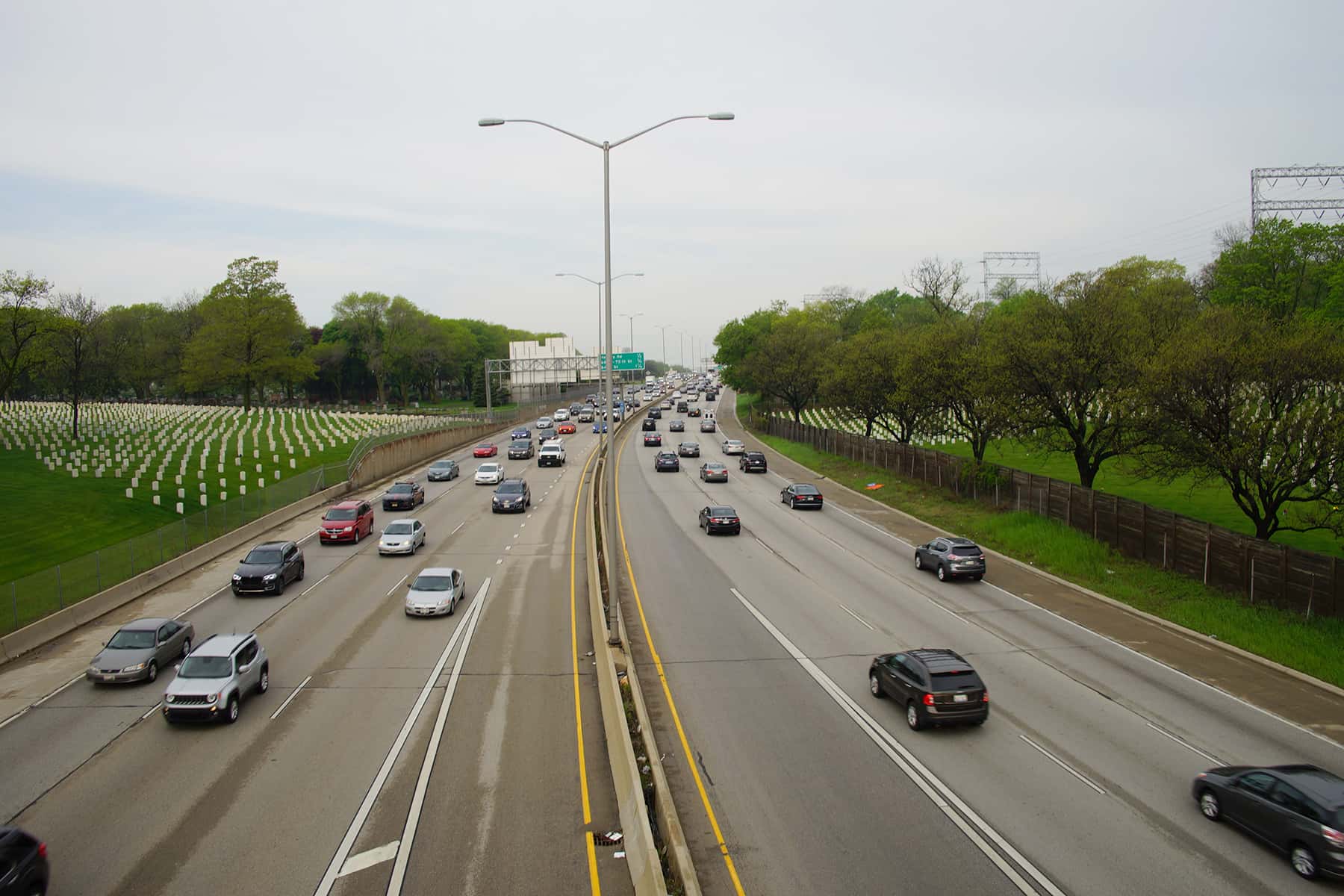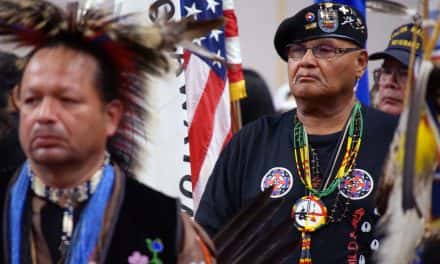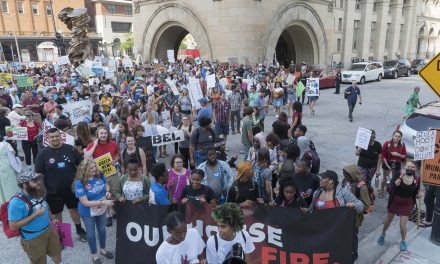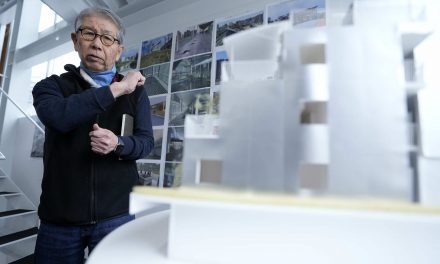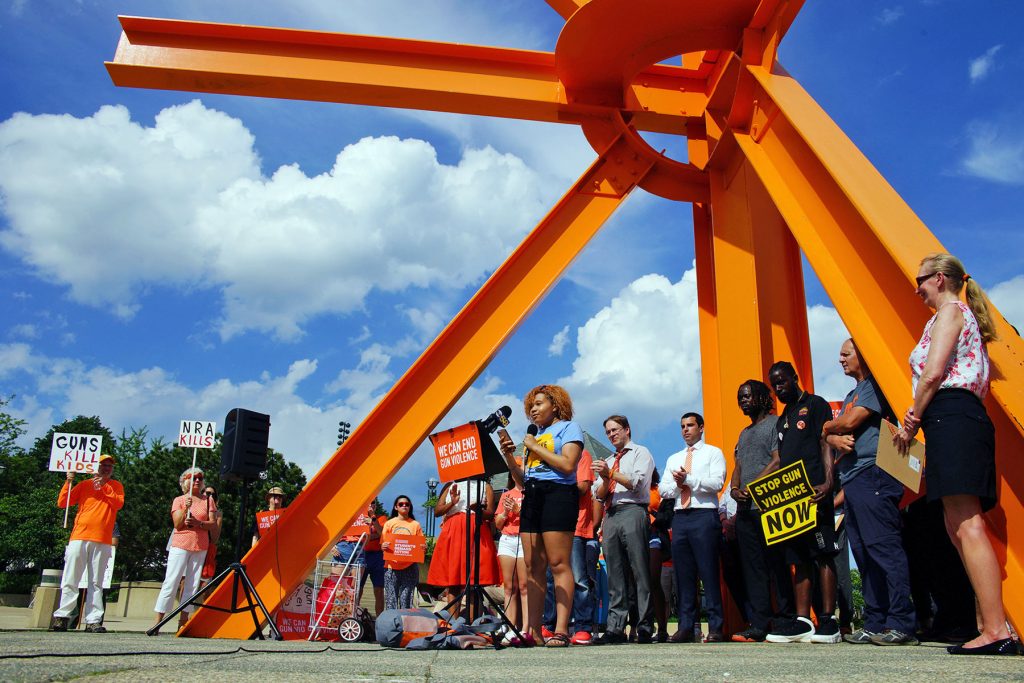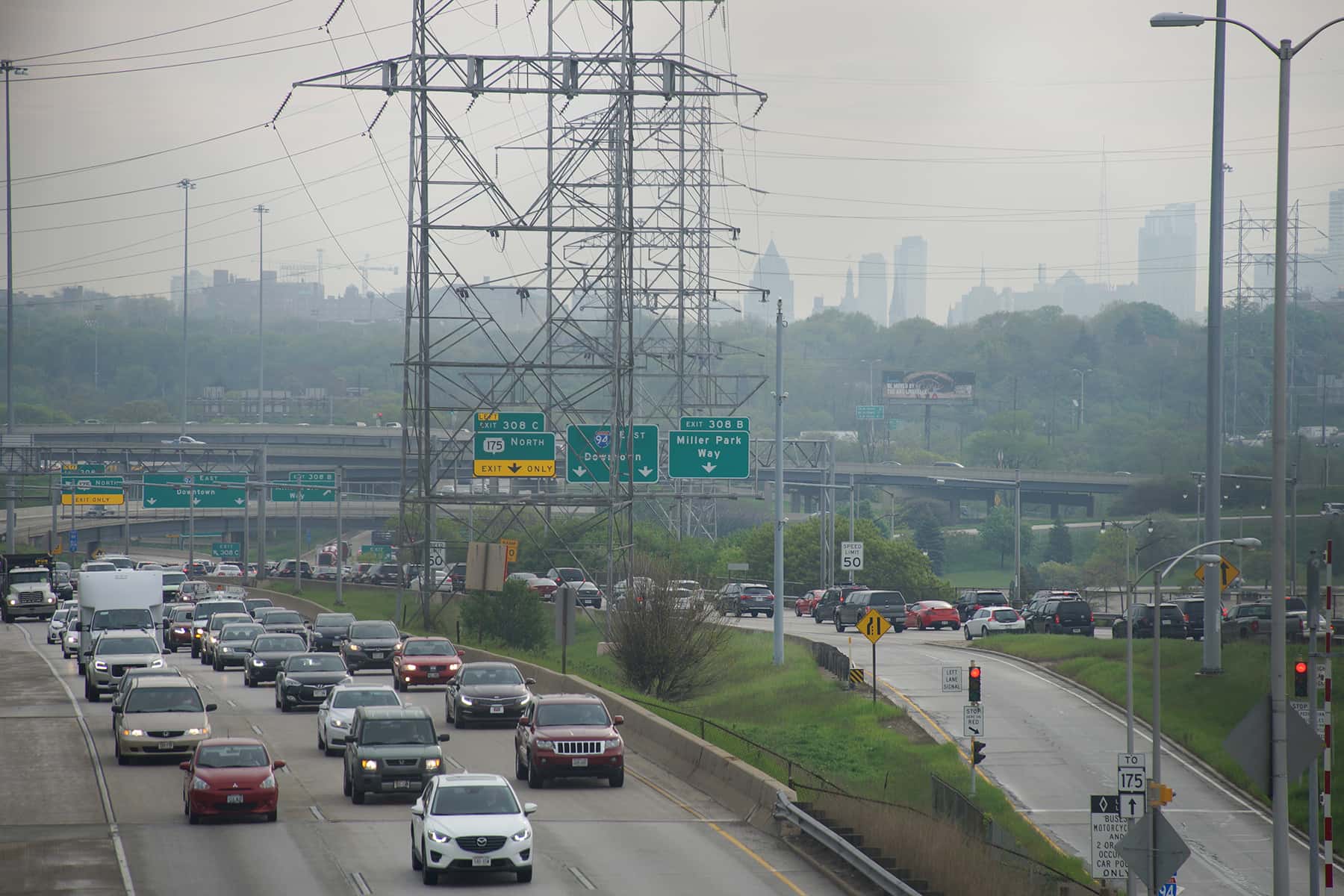
Midwestern states have been collaborating on a variety of transportation issues, from the future of vehicle technology to their response to the COVID-19 pandemic.
These efforts, led by the Mid America Association of Transportation Officials (MAASTO), are the topic of a special three-part series of Transportation Connects Us, the official podcast of the Wisconsin Department of Transportation (WisDOT).
“While each of the 10 states in the Midwest have their own unique characteristics and challenges, at the same time there are a lot of similarities in some of the issues that we deal with,” said Craig Thompson, MAASTO President and WisDOT Secretary-designee. “And for the public, transportation doesn’t end at the state line. The more that we can collaborate and learn from our neighbors, the better we can serve the people of Wisconsin,” he said.
The MAASTO mission is to foster the development, operation and maintenance of an integrated and balanced transportation system that serves the transportation needs of its member states. MAASTO member States include Illinois, Indiana, Iowa, Kansas, Kentucky, Michigan, Minnesota, Missouri, Ohio, and Wisconsin.
“Our transportation system is the envy of the world for one reason, and that’s the collaboration between our states,” said Omer Osman, Illinois Transportation Secretary. “Reinventing the wheel is not helpful to any one of us. When we collaborate, we can work together to improve the system we have.”
In the first of the three podcast episodes, available December 28, Thompson, Osman and Minnesota Commissioner of Transportation Margaret Anderson Kelliher discuss the value of the MAASTO partnership and share how member states have collaborated on their response to the COVID-19 pandemic.
“There’s a lot going on in each of our states, and of course the public health response was top of mind,” Anderson Kelliher said. “But we also wanted to keep our economy moving, both in terms of the needs for shipments across state lines, as well as the issues around keeping a construction season going, which was vital to each of our economies this year. MAASTO enabled us to share our best practices as far as what we were sharing with our governors, as well as touching base with key industry partners and stakeholders. That alone really shows the value of an organization like MAASTO, “she said.
The three transportation chiefs also discuss the recent rise in highway fatalities throughout the region, and their efforts to promote highway safety.
“We have seen a spike in the number of fatalities and serious injuries despite the decline in traffic we have seen during the pandemic is that that’s very unfortunate,” Osman said. “When we started looking into the causes, the number one cause was speed. A lot of the drivers started speeding up, because with the decline in traffic, they have the open space. We have an aggressive program of outreach when it comes to fatalities,” he said.
Transportation Connects Us, the official WisDOT podcast, covers the many ways transportation touches our lives, and the efforts of WisDOT and its partners to provide safe and efficient mobility options for the people of Wisconsin. Stream or download the podcast at wisdot.libsyn.com.
© Photo
Lee Matz

